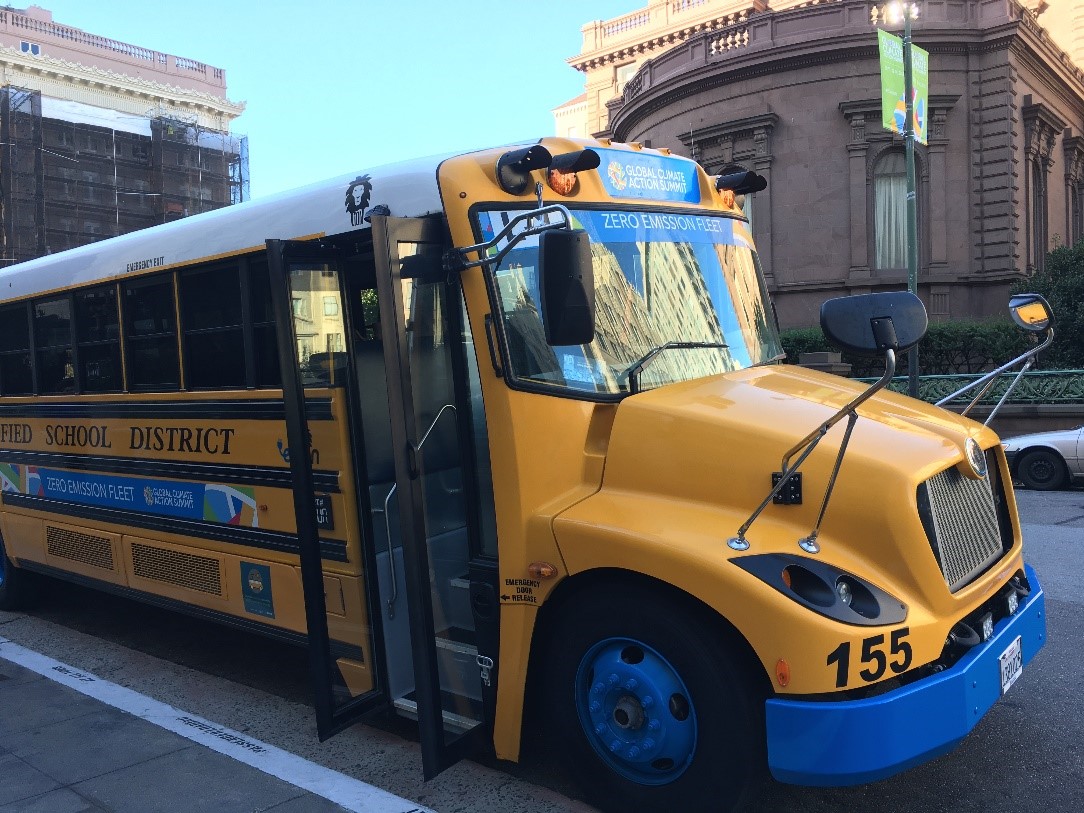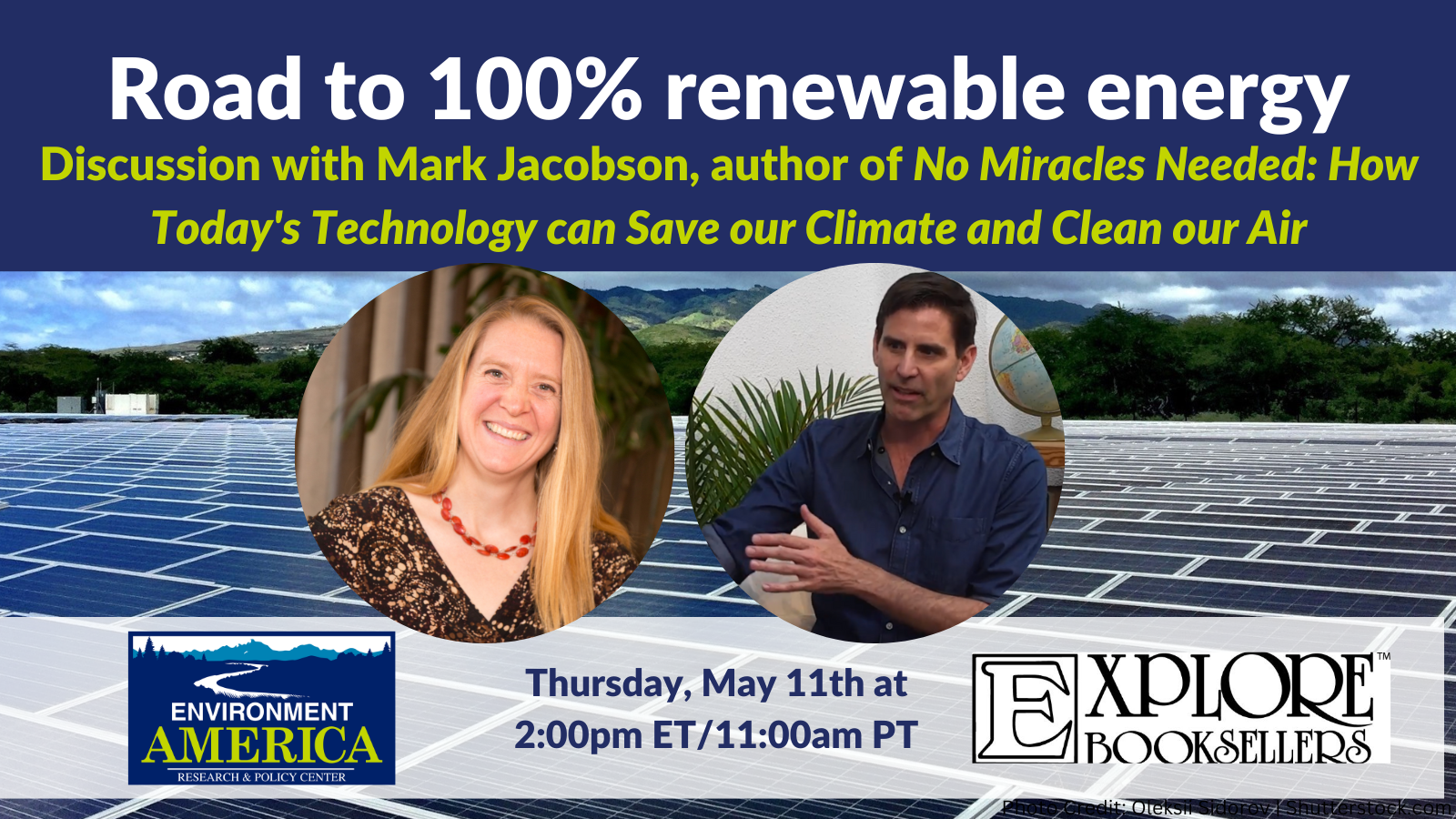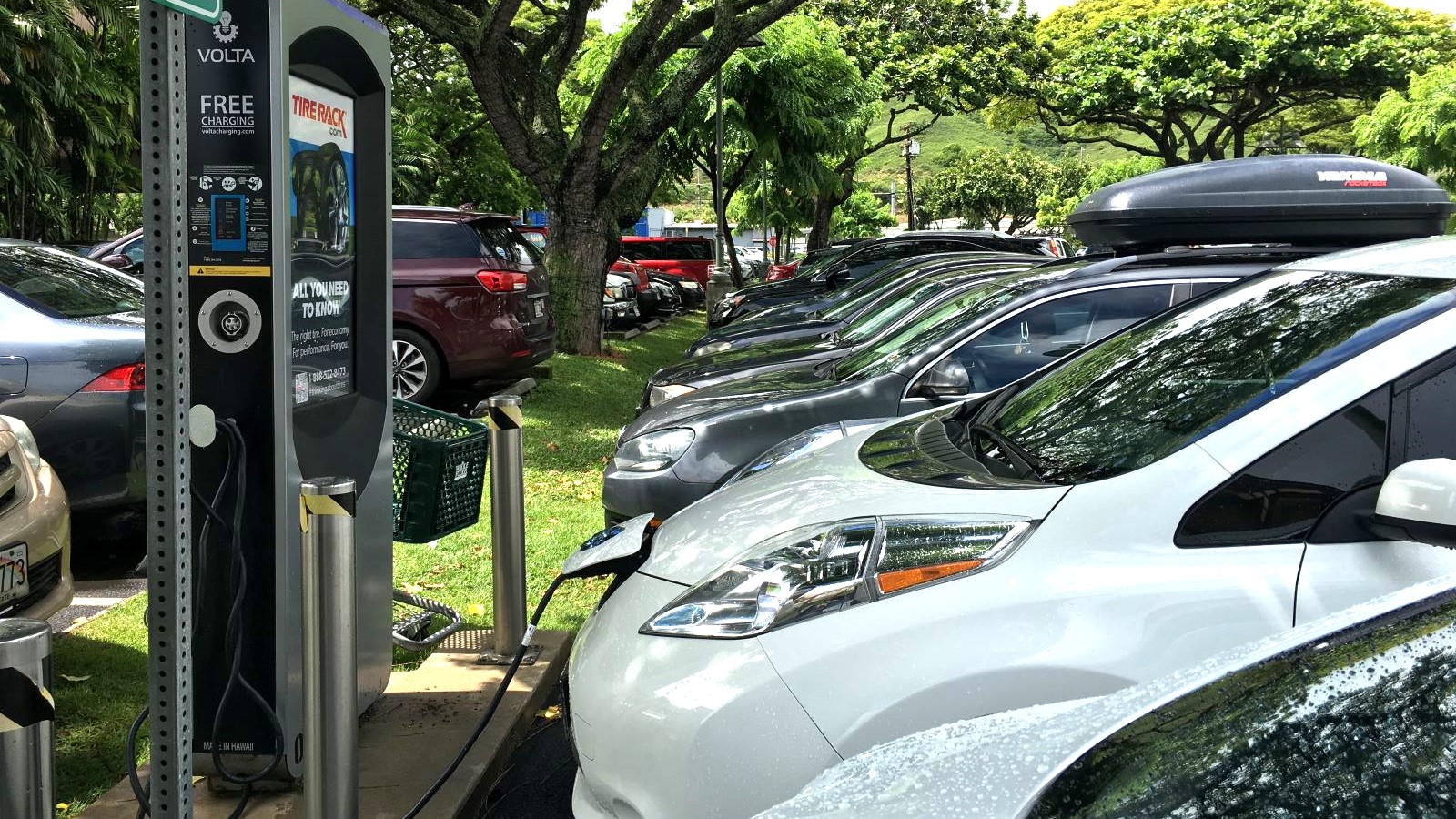Can I take a road trip in an electric vehicle?
Many in Maine, like me, make their roadtripping dreams a reality by visiting our state’s most iconic parks and landscapes. They shouldn’t have to pollute the air when they do it by driving a gas-powered vehicle.

Grafton Notch State Park. Bigelow Preserve. Acadia National Park. Popham Beach. These are some of my favorite places to recharge on a day hike or a road trip.
View from Bigelow Mountain – Avery Peak, Bigelow Preserve, Credit: Anya Fetcher
Many in Maine, like me, make their roadtripping dreams a reality by visiting our state’s most iconic parks and landscapes. They shouldn’t have to pollute the air when they do it by driving a gas-powered vehicle.
In search of big skies full of stars or the chance to spot a nesting piping plover or a magnificent bull moose, millions of people each year venture to the special places found in every corner of our state.
When I dream of taking a trip, I’m always thinking about the vistas and views at my destination. But at the same time, much of the road trip experience is centered around the car, driven for many miles with good company, your favorite snacks (I am partial to banana chips), and a stellar playlist.
As the climate crisis grows more urgent, however, it’s imperative that our cars stop burning fossil fuels, and instead run on clean, renewable energy. Transportation emissions have long been the top polluting sector of the economy (accounting for 54% of Maine’s greenhouse gases) and I am one of the many Mainers who experiences at least 44 days of unhealthy air quality every year. Not to mention all the smoke and air pollution we’ve experienced from wildfires thousands of miles away (made worse because of climate change, of course).
Hazy sunrise in Ogunquit, credit: WGME
Transitioning to all electric vehicles (EVs) is not just a call to action, but an active plan. Maine is aiming to get 219,000 electric vehicles on the road by the end of the decade.
But is the electric car market ready in Maine? Nationally, the electric car market is rapidly growing, with over 1 million electric cars on America’s roads today, and there are more than 40 types of plug-in electric vehicles. But in Maine, EVs account for fewer than 1 percent of registered vehicles.
In the nation’s most rural state, battery range is a major concern for anyone looking to go electric. Getting to a park can require a 2-3 hour drive each way, so taking an electric car might seem difficult.
Maine’s national and state parks are not so hard to get to, but they have a noticeable lack of charging infrastructure. Since people charge their EVs when they are parked – either at home or at their destinations – a lack of charging stations near hiking trails means many folks fear that they’ll run out of juice on the way back from a day on our public lands…
Mainers should not have to choose between having an electric vehicle or going on a roadtrip in a dirty-fueled car, so we need to have the charging infrastructure in the same places we escape to for relief.
EV Charger in Catocin Mountain Park, Maryland, Credit: NPS Photo
Every state park, national wildlife refuge, national park, and preserve could install electric car chargers and make it easy for visitors to recharge their cars while they recharge their souls in nature.
And even better, the park system doesn’t always have to foot the bill for the chargers. Many companies have an incentive to build out charging. For instance, BMW of North America donated 100 electric car chargers to the national parks between 2017 and 2019.
Obviously, we don’t want to bulldoze any iconic spots to put in a charger. But most major parks have parking lots and facilities already that can be fitted with a charger.
Electric cars can help us protect our special places from the worst impacts of climate change. Road tripping in an EV can bring you to amazing natural wonders without the tailpipe pollution that fuels climate change.
Generations of Mainers have criss-crossed our state to enjoy the splendor of the great outdoors. Now, the future of road trips will be in electric cars, especially if our favorite outdoor places have electric car chargers waiting for us when we reach our destination.
Tell the Maine Bureau of Parks and Lands: Install EV chargers in Maine state parks!
Topics
Authors
Anya Fetcher
Find Out More

Back to School on an Electric bus

How to get to 100% clean energy with today’s technologies

You have the power: how to electrify your home with new tax credits

